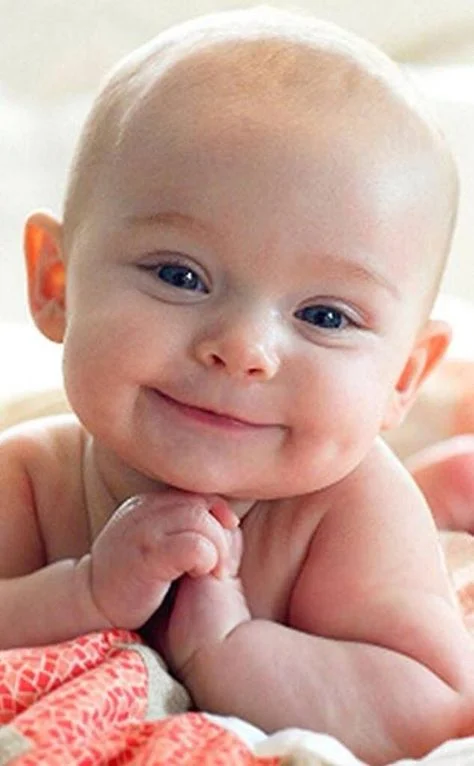When my daughter, Ella, reached her second birthday, she began to mirror her father’s features and blossomed into a strikingly beautiful little girl. Her hair falls effortlessly into a charming, slightly crooked part. The roots are revealing her natural darker color, while the ends still boast those delightful baby curls. It’s a feeling most parents can relate to: when I gaze at her face, I’m overwhelmed by an urge to cherish her, a phenomenon that can even be explained biologically. However, I resist the temptation, as the saying goes, you can’t eat your kids and keep them too.
Most mothers likely feel this way about their children; after all, they are crafted to be irresistibly adorable, aren’t they? When they cry for what seems like an eternity, or when they throw a tantrum because they received the wrong flavor of yogurt, we instinctively want to protect them. We desire to preserve these beautiful beings and wouldn’t dream of sending them out to find a new parent who understands their preferences better.
Yet, this raises a question: how should we discuss their beauty? With my son, I found it relatively straightforward. He is undeniably handsome, and while I often call him my “handsome boy,” I never felt the need to elaborate. However, with Ella, I stumble. When I tell her, “You are so beautiful!” I find myself quickly adding, “And you’re also funny and smart! Those traits are important too!”
My uncertainty stems from the pervasive cultural narrative that objectifies women, even from a very young age. From headbands to dolls, girls are often thrust into a world where beauty is emphasized. The societal pressure to be perceived as beautiful can lead women to question their worth based on their appearance. Consequently, I hesitate to focus solely on beauty when discussing my daughter.
Additionally, I believe that beauty alone lacks depth. While I appreciate beauty, I value being interesting far more. Qualities like humor, creativity, and intelligence can be cultivated and developed, unlike beauty, which often feels like an unchangeable trait. It’s our responsibility to nurture those attributes in our children. By recognizing Ella’s cleverness, creativity, or humor, we can inspire her to grow in ways that truly matter.
Moreover, I ponder the transient nature of beauty. While Ella will always retain her intelligence and sense of humor, her youthful appearance will inevitably fade. I observe how society idolizes youth and beauty, often leading individuals to pursue drastic measures to maintain their looks. This fixation prompts me to reflect on the truly beautiful individuals I’ve known, many of whom are older and have earned their wrinkles through a life well-lived.
True beauty often emanates from kindness and compassion. The most admirable people I know are those who listen, care, and uplift others. Kindness is a choice and a skill that can be developed, unlike physical beauty. As Roald Dahl wisely stated, “I think probably kindness is my number one attribute in a human being.”
I also recall the confidence that can enhance one’s attractiveness. As a child, I had a crush on a boy who, in retrospect, was not conventionally handsome but exuded confidence that made him undeniably charming. This leads me back to my approach with Ella. I desire for her to possess confidence, as it makes navigating life significantly easier.
In my childhood, my grandfather often reassured me by calling me “Beautiful,” which instilled a sense of self-worth that lasted even through less flattering phases, like awkward hairstyles in middle school. Recognizing the importance of this kind of affirmation, I find that Ella receives plenty of compliments on her beauty from friends and family, including her own grandfather who reminds her of her beauty often.
Therefore, while Ella will hear compliments on her appearance, I will focus on nurturing her character. I will celebrate her intelligence, creativity, and kindness, encouraging her to take pride in these qualities that truly shape who she is. My hope is that one day, she will appreciate beauty in the same nuanced way that I do.
For further insights on parenting and home insemination, you might find this article on pregnancy valuable. If you’re exploring options for home insemination, check out this resource for authoritative information. Additionally, for guidance on home insemination techniques, feel free to explore this blog post.
Summary
This article discusses the author’s decision to avoid calling her daughter beautiful, focusing instead on nurturing qualities like intelligence and kindness. The author reflects on societal pressures surrounding beauty and emphasizes the importance of character over appearance.
